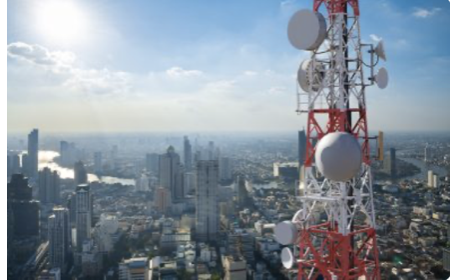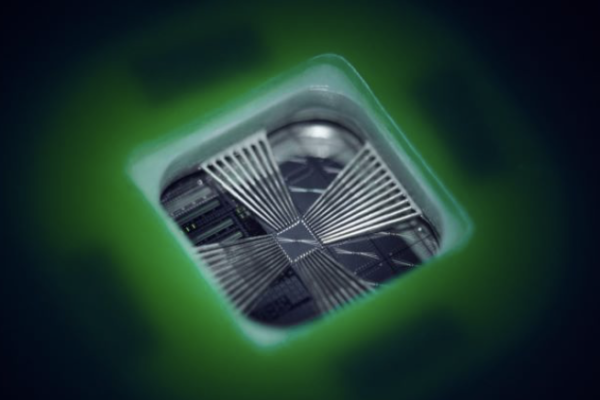Imagine a future where food production isn’t dependent on traditional agriculture. That’s the potential offered by Solar Foods, a Finnish company developing a revolutionary product called Solein.
Concerns about the environmental sustainability of our current food system are growing. Traditional agriculture contributes to land degradation, pollution, and resource depletion. Animal agriculture, in particular, places a significant burden on the environment and drives climate change.
Solar Foods proposes an alternative: Solein, a complete protein produced using renewable electricity and captured carbon dioxide. Their innovative process mimics fermentation, utilizing microbes to create food with minimal land and water requirements.
Potential Benefits of Solein
- Reduced Land Use: Solar Foods claims that Solein production requires a fraction of the land compared to traditional protein sources, potentially lessening the pressure on natural ecosystems.
- Water Conservation: The company suggests Solein uses significantly less water than plant-based protein production, which could be critical for water-stressed regions.
- Versatile Ingredient: Its neutral taste and adaptable form make Solein a potentially seamless addition to various food products.
- Sustainability Focus: Solein’s reliance on renewable energy could offer a production process with a lower carbon footprint than some conventional food sources.
The Future of Food
Solar Foods recently opened Factory 01, its first large-scale production facility. This step aims to demonstrate Solein’s potential for consistent, year-round production, even in challenging climates.
Solar Foods joins a growing field of companies exploring innovative solutions for sustainable food production. Whether Solein becomes a major player remains to be seen, but it underscores the ongoing shift toward reimagining how we feed a growing global population.




